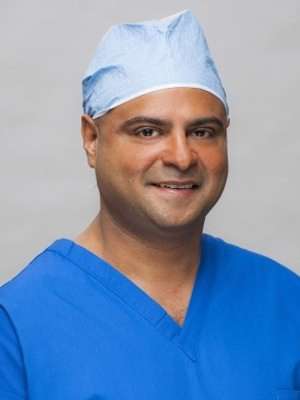Epididymo-Orchitis
The majority of cases involving epididymitis or combined epididymitoorchitis are attributed to infectious causes. However, there exists a small yet noteworthy subset of patients who attribute their symptoms to a history of heavy lifting or strain, indicating the possibility that this condition may occasionally be linked to occupational disease or injury, beyond the typical scenario of direct work-related trauma.
Individuals with symptoms persisting without resolution should undergo evaluation by a urologist. Assessment should encompass considerations for testicular torsion (a surgical emergency), tumors, and genitourinary infections. Those exhibiting indications of any of these conditions should be referred to a primary health care provider or urologist.
Medications
In the primary prescription, ibuprofen, naproxen, or other NSAIDs from previous generations are suggested for the majority of patients. Acetaminophen (or its equivalent, paracetamol) could serve as a viable substitute for those ineligible for NSAIDs, although prevailing evidence indicates it is slightly less effective. Studies suggest that NSAIDs provide pain relief comparable to opioids (including tramadol) but with fewer associated impairments.
Non-Steroidal Anti-inflammatory Drugs (NSAIDs)
In the context of epididymo-orchitis treatment, it is advised to use NSAIDs, particularly ibuprofen, naproxen, or similar options. Over-the-counter alternatives can be attempted initially. The frequency of use can be adjusted based on individual needs. Discontinuation may be appropriate upon the resolution of epididymo-orchitis, if there is insufficient effectiveness, or if adverse effects arise.
NSAIDs for Patients at High Risk of Gastrointestinal Bleeding.




